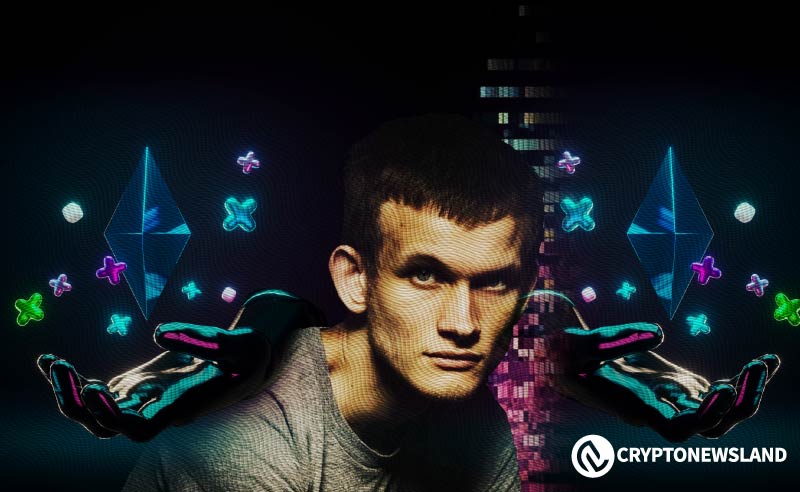- Vitalik Buterin rejects claims of Ethereum’s centralization, emphasizing ongoing efforts to maintain decentralization.
- Péter Szilágyi raised concerns about the PeerDAS upgrade, suggesting it could hinder home stakers and centralize the network.
- Buterin highlights Ethereum’s robust decentralization, contrasting it with Bitcoin’s concentrated mining power
Vitalik Buterin addressed concerns about Ethereum’s commitment to decentralization following key developer Péter Szilágyi’s worries about the project’s research and development direction. Buterin firmly rejected claims that the research team is moving towards centralization.
Szilágyi’s Concerns and Buterin’s Response
Péter Szilágyi expressed his concerns on social media about the PeerDAS upgrade, which proposes increasing Ethereum’s blob size to 32 MB. He argued this could hinder home stakers, potentially centralizing the network. Szilágyi suggested that the research team might be prioritizing centralization as long as it could be verified.
Vitalik Buterin firmly rejected these claims, emphasizing that the Ethereum Foundation remains dedicated to minimizing centralization. Buterin highlighted that multiple discussions at a recent Foundation research workshop focused on decentralization.
Key Focus Areas from the Workshop
At the workshop, several key areas were discussed to address centralization concerns. One focus was analyzing multiple proposers to eliminate the builder role, maximizing the power of inclusion lists, and exploring ideas about fork selection based on transaction inclusiveness.
Buterin also mentioned efforts to accelerate the deployment of the Orbit mechanism, which could significantly reduce the minimum deposit size for staking.
Ongoing Debates within the ETH Ecosystem
The exchange between Szilágyi and Buterin highlights ongoing debates within the Ethereum ecosystem. Balancing technological advancements with the principle of decentralization remains a significant challenge.
In a broader context, Buterin has previously analyzed decentralization in Ethereum compared to Bitcoin and other networks. Speaking at ETHCC in Brussels, he noted that Ethereum is better positioned than Bitcoin regarding robustness and decentralization.
He pointed out that, although two mining pools account for 50% of Bitcoin’s computational power and four for 75%, a significant chunk of Ethereum’s network is run by unidentifiable individuals or independent stakeholder groups.
Vitalik Buterin’s latest pronouncements are intended to address and ease worries regarding Ethereum’s development trajectory. He reiterated that decentralization remains a core focus. This commitment is essential as Ethereum continues to evolve and navigate the complexities of technological advancement while maintaining its foundational principles.
Read Also:
disclaimer read moreCrypto News Land, also abbreviated as "CNL", is an independent media entity - we are not affiliated with any company in the blockchain and cryptocurrency industry. We aim to provide fresh and relevant content that will help build up the crypto space since we believe in its potential to impact the world for the better. All of our news sources are credible and accurate as we know it, although we do not make any warranty as to the validity of their statements as well as their motive behind it. While we make sure to double-check the veracity of information from our sources, we do not make any assurances as to the timeliness and completeness of any information in our website as provided by our sources. Moreover, we disclaim any information on our website as investment or financial advice. We encourage all visitors to do your own research and consult with an expert in the relevant subject before making any investment or trading decision.




